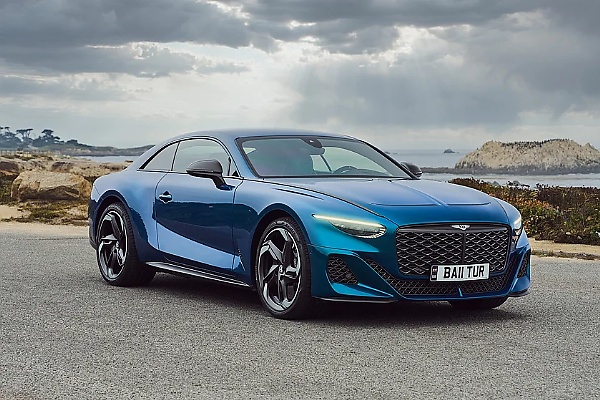Bentley is recalibrating its approach to electrification, citing external factors as key drivers for this adjustment. CEO Adrian Hallmark revealed that the company’s original plans have undergone revision, largely influenced by the evolving landscape surrounding them.
Around two years ago, Bentley unveiled ambitious plans for its electric future, aiming to release a fully electric model annually starting in 2025. However, recent developments indicate a shift in these timelines.
Speculation arose soon after the initial announcement, suggesting Bentley might not meet its 2025 target, and now, this suspicion has been confirmed. The anticipated market debut of Bentley’s premier electric vehicle (EV) has been postponed until 2027, with the official unveiling scheduled for the preceding year in 2026.

Hallmark attributes this delay to challenges encountered in developing the necessary technical foundations. Such setbacks are not entirely unexpected, given that Bentley’s EV platform likely shares commonalities with other flagship electric vehicles within the Volkswagen Group, an arena fraught with uncertainties.
Further amendments are underway in Bentley’s electric strategy, as the marque abandons its prior commitment to achieving full electrification by 2030. Hallmark elaborates that alongside the deceleration in the EV offensive, external dynamics and a burgeoning interest in plug-in hybrid propulsion have influenced this decision.
Following the integration of partially electric powertrains into the Bentayga and Flying Spur, the Continental GT is set to receive a similar treatment later this year.
From 2026 onward, the Bentayga will exclusively offer plug-in hybrid variants. Hallmark emphasizes that investments in hybrid propulsion for existing models necessitate their continuation until 2030, implying that Bentley will continue to offer models equipped with internal combustion engines into the new decade.

